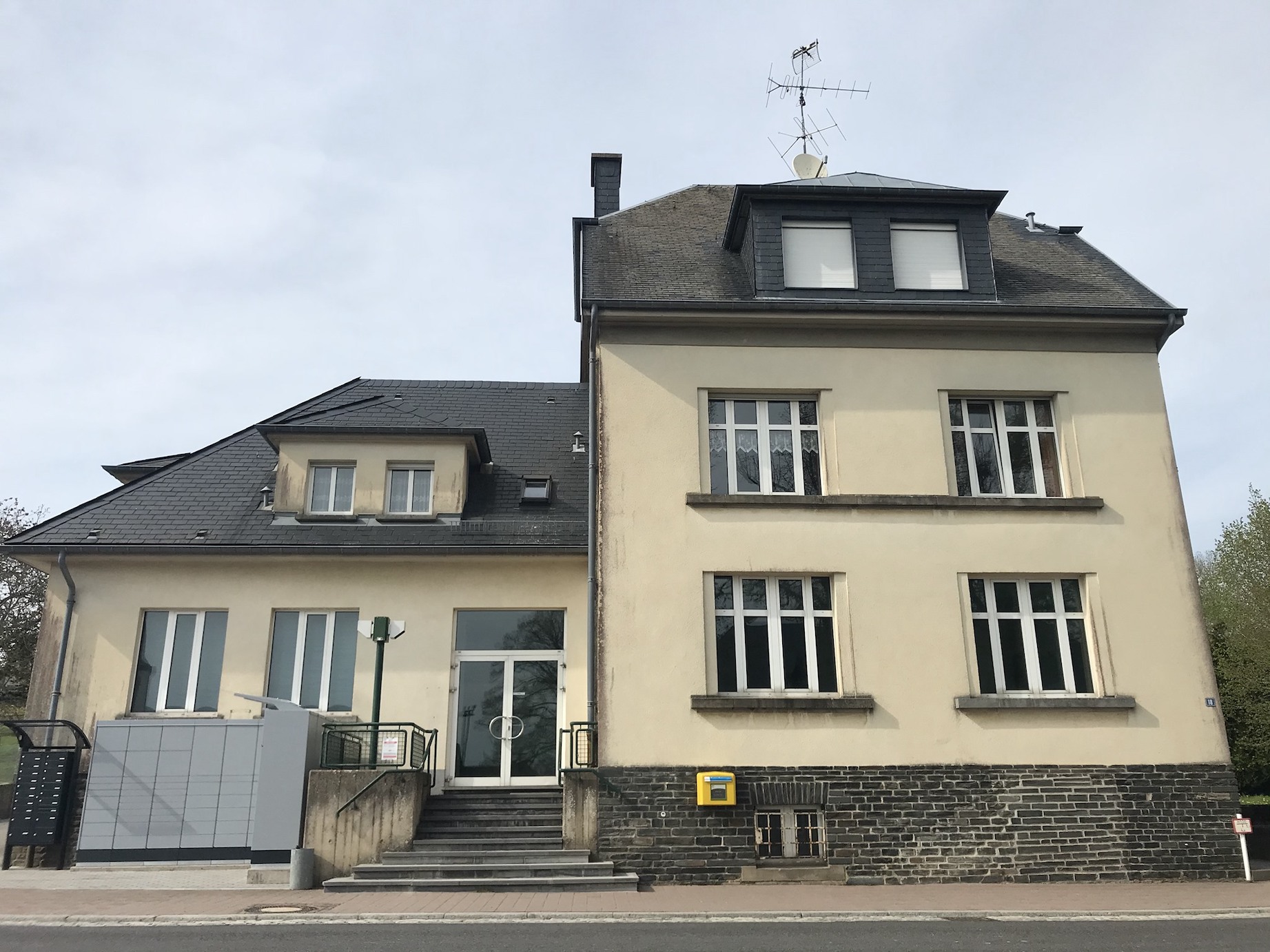« Il me revient que les bureaux postaux de Boulaide (canton de Wiltz) et de Rambrouch (canton de Redange) ont fermé leurs portes depuis respectivement fin 2020 et début 2021.
Voilà pourquoi j’aimerais poser les questions suivantes à Monsieur le Ministre de l’Economie :
- Monsieur le Ministre peut-il présenter les raisons qui motivent ces fermetures imprévues ? La crise sanitaire a-t-elle accéléré la prise de décision en la matière ? N’aurait-il pas été préférable de continuer le modèle de l’ouverture temporaire, tel qu’il avait été adopté il y a quelques années, au lieu de décider une fermeture abrupte et définitive ?
- Monsieur le Ministre est-il d’avis que la fermeture complète d’un bureau postal comme celui de Rambrouch, chef-lieu d’une commune de plus de 4.500 habitants, est favorable au bon développement d’une région rurale et à la qualité de vie de ses habitants ? Les seuls « Points POST » constituent-ils vraiment une alternative valable pour les bureaux de poste susmentionnés, alors que des administrations communales, des entreprises privées ainsi que de nombreux habitants refusent, pour des raisons de discrétion, d’envoyer leurs lettres recommandées à partir d’un point de vente POST localisé dans un commerce privé ? »
Answer
In order to improve customer service, the post offices in Boulaide and Rambrouch have been replaced by two “Point POST”. Two PackUp stations were added at the beginning of May. According to the Minister of the Economy, this initiative was intended to facilitate citizens’ access to postal services and to offer them longer opening hours. Thus, the closure of the old post offices had nothing to do with the sanitary crisis. Moreover, the secrecy of correspondence would be respected to the same extent at all points of sale.






